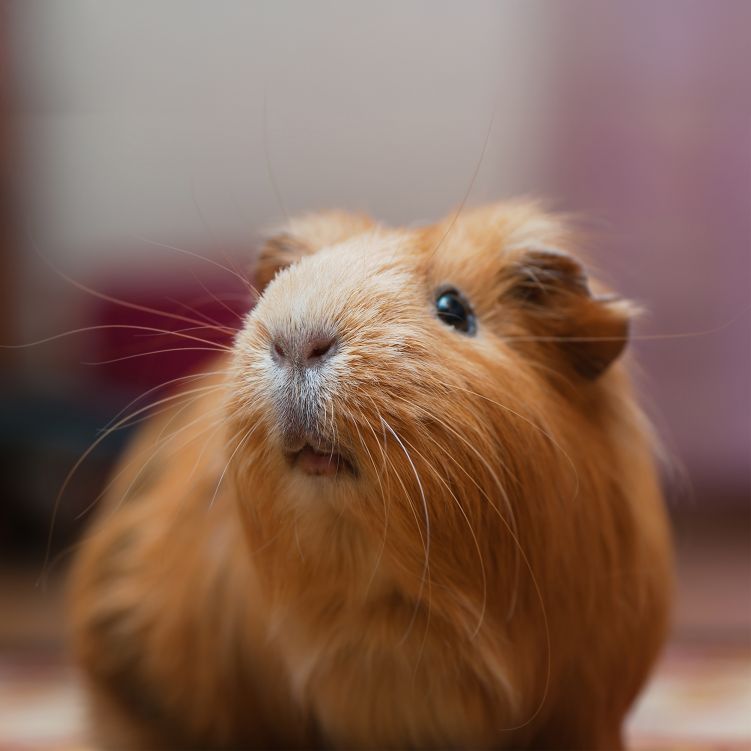Owning pet guinea pigs can be a great experience for you and them, but it comes with responsibilities. Guinea pigs will, given the opportunity, breed prolifically!
They are also commonly afflicted with problems such as dystocia (difficulty giving birth), ovarian cysts, and uterine cancer. These problems can be prevented by desexing.
Prolific breeders
Did you know that guinea pigs usually have from 2 to 4 pups per litter and can have up to five litters per year? That’s potentially up to 20 pups each year for 4-6 years!
It’s important to know that a male guinea pig may still be able to reproduce for some weeks after he is desexed. Speak to a veterinarian for advice about how long to wait after the male is desexed before letting him mix with a female, to avoid the risk of an unwanted pregnancy.
Guinea pigs can start breeding at 4 weeks of age (although 8 weeks in more common), so it’s recommended that 3-5 weeks is the best age to desex both male and female guinea pigs.
Potential problems
Nearly all entire (non-desexed) female guinea pigs over 3 years of age will develop ovarian cysts. These cysts can sometimes be very large (several centimetres wide) and cause discomfort by putting pressure on other important structures in the abdomen. They can also cause hair loss and crusting of the teats. More seriously, they can also be associated with changes of the uterus, which are sometimes cancerous.
The most common reproductive problem seen in entire male guinea pigs is the accumulation of faeces in the anal vestibule, which often becomes abnormally large in older male guinea pigs (this is sometimes called ‘Boar Butt’). This starts to smell and can cause local irritation and infections, and even urinary tract infections.
Preventing problems
The good news is that you can prevent most of these problems by planning your companion guinea pig’s reproductive life. Having your guinea pigs desexed by an experienced veterinarian will prevent unwanted breeding and health problems that occur in un-desexed guinea pigs.
Desexing is not as straightforward in guinea pigs as it is in dogs and cats, and an experienced surgeon is necessary to get the best outcomes. Some people elect to get only the males desexed but this does nothing to help prevent ovarian cysts and other female reproductive problems.
Some people decide they will keep only same-sex guinea pigs to avoid unwanted pregnancies i.e., only males or only females. The problem with this approach is that inexperienced people can have trouble distinguishing between male and female guinea pigs, especially if they are young, and if a mistake is made unwanted pregnancy will almost certainly occur. While this approach may prevent unwanted pregnancies, it does not prevent longer term health problems such as ovarian cysts and ‘boar butt’.
By having your guinea pigs desexed by an experienced veterinarian, you’ll make sure there are no unwanted litters of guinea pig babies and help keep your guinea pigs healthy.
For more information visit the RSPCA Knowledgebase
This piece was originally published in Australian Community Media newspapers.







